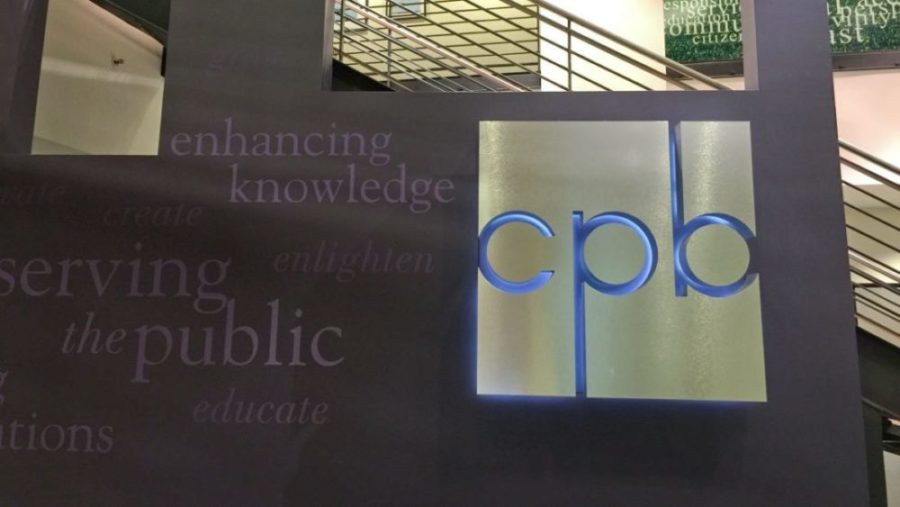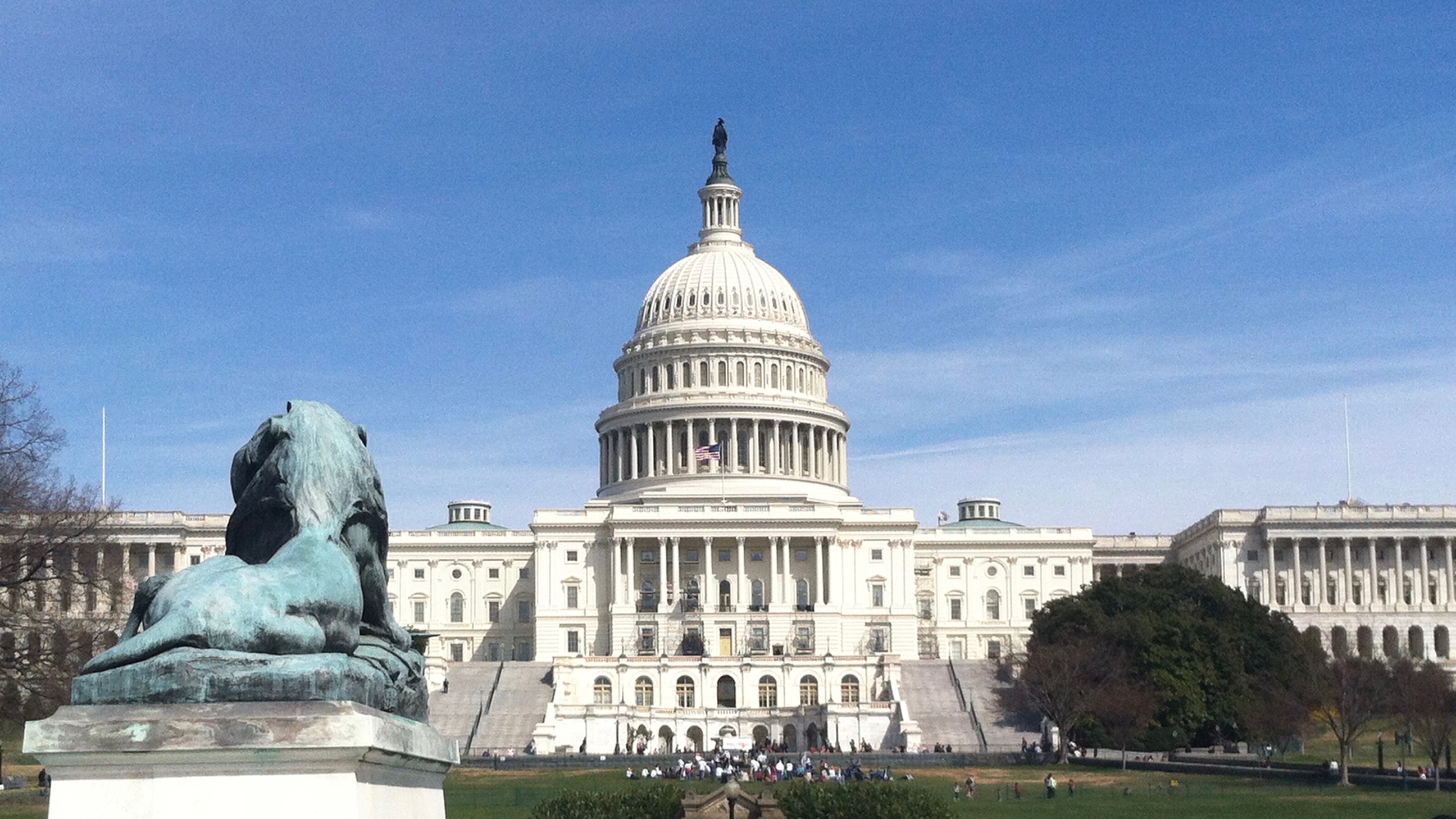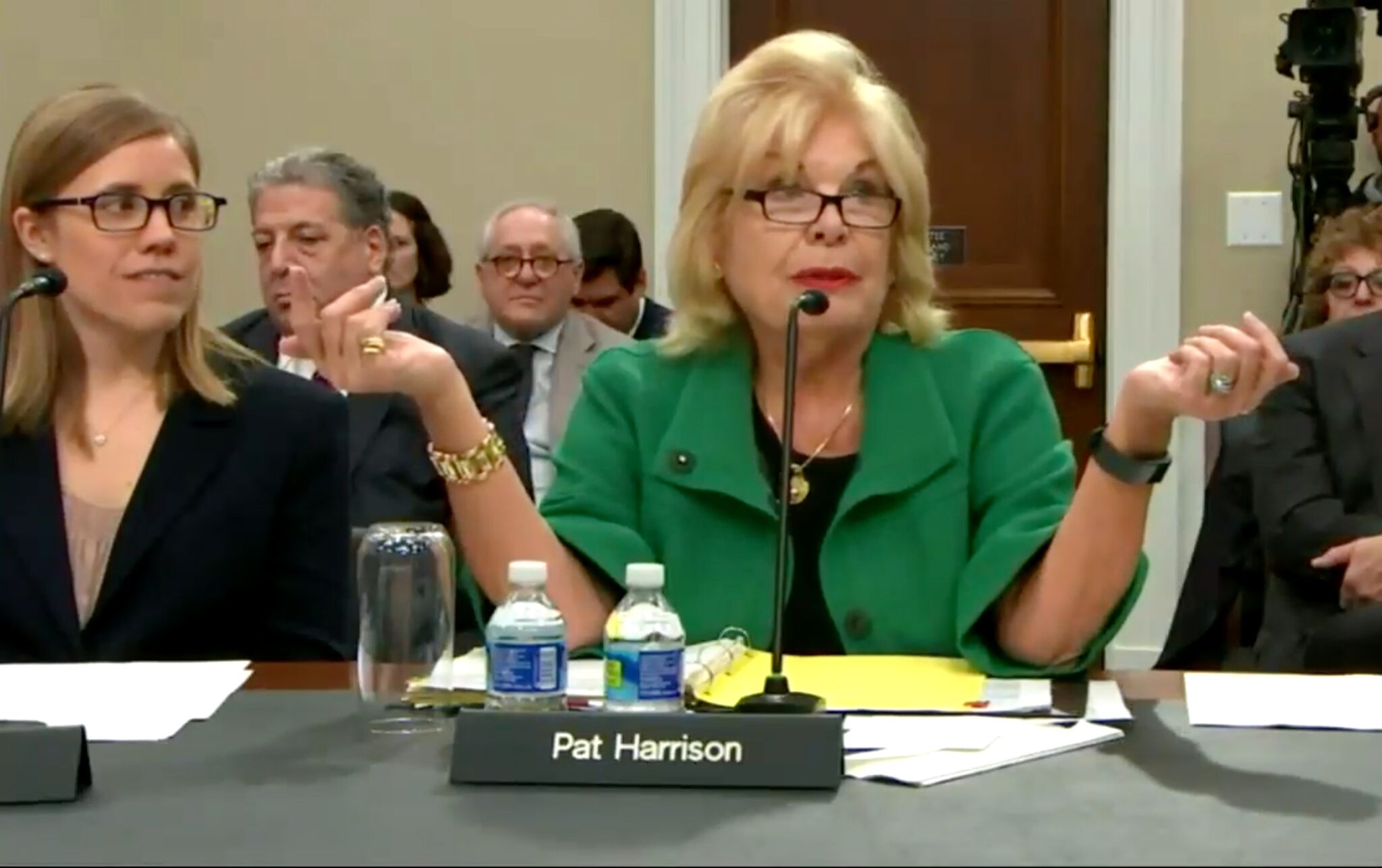Tag: CPB funding
House Appropriations Committee recommends $565M for CPB
The measure approved for consideration by the full House proposes an increase of nearly 27% from CPB’s current funding levels and recommends ...CPB approves plan to divide up $175M in emergency funding
The funding will be split evenly between radio and television, with $100 million prioritized for smaller stations.CPB unveils plan to split $75 million in coronavirus relief funds between public TV and ...
The emergency funds provide extra assistance to small and rural public stations.Coronavirus relief bill includes $75M to public broadcasters
The bill specifies that CPB spend the funds to maintain programming and services and to preserve small and rural stations.Independent filmmakers group stands up to Capitol Hill criticism
A Republican lawmaker accused CPB having an “agenda” by supporting three films.CPB president visits Congress to defend threatened funding request
The appearance was Pat Harrison’s first before the House subcommittee in 10 years.Public media backers work to counter possible federal budget cuts
Public broadcasters and their advocates aren’t waiting for President Trump’s initial budget to mobilize support for CPB funding.Key lawmaker downplays threat to CPB funding
If the White House is serious about reducing the deficit, its budget will target larger programs, Rep. Cole says.‘Hill’ report says Trump team adopting proposal to cut federal funds for CPB, NEA and ...
The incoming president’s team is using the conservative Heritage Foundation’s budget blueprint as a template for spending cuts.‘Old perceptions’ hinder work between CPB and minority consortia, report says
The report was commissioned by CPB to evaluate operations of consortia members.House passes GOP budget zeroing CPB funding
The spending plan, the House GOP's blueprint for balancing the federal budget by 2024, now goes to the Democratic-controlled Senate, which is ...CPB reduces aid to longtime grantees
CPB is reassessing its funding commitments to several grantees that provide specialized assistance and diverse programming to the public TV system.Restructuring at WKYU cuts three jobs, merges radio and TV production
Three staff positions — including that of the television station manager — have been cut at WKYU at Western Kentucky University in ...Co-host pairing prompts Brand to exit KPCC
KPCC’s ambitious three-year, $10 million project to fortify its newsroom and serve more people of color has created an unintended casualty: The ...Big Bird, Jim Lehrer have viewers atwitter during and after presidential debate
Public broadcasting became a trending topic during and after Wednesday night’s presidential debate, as GOP nominee Mitt Romney repeated his pledge to ...











